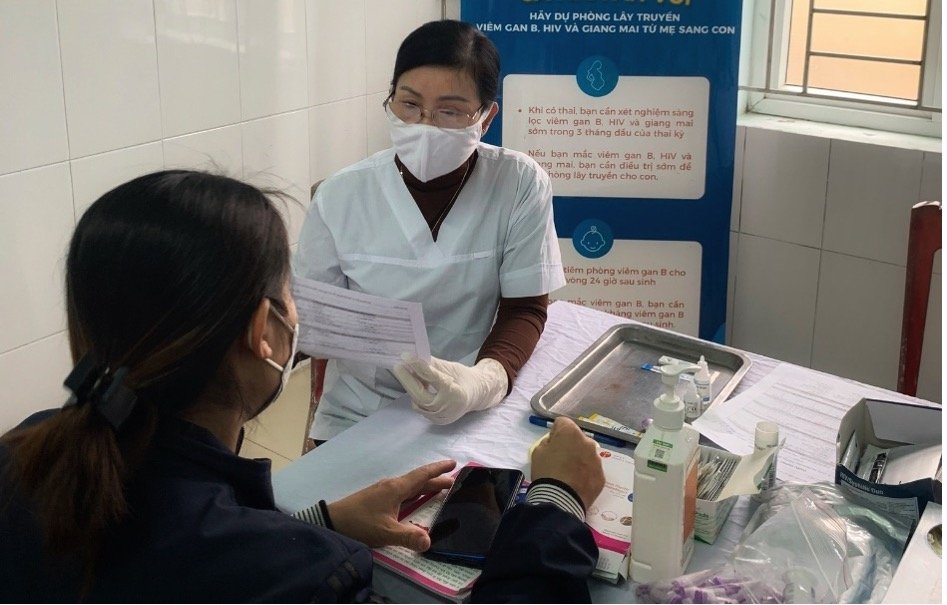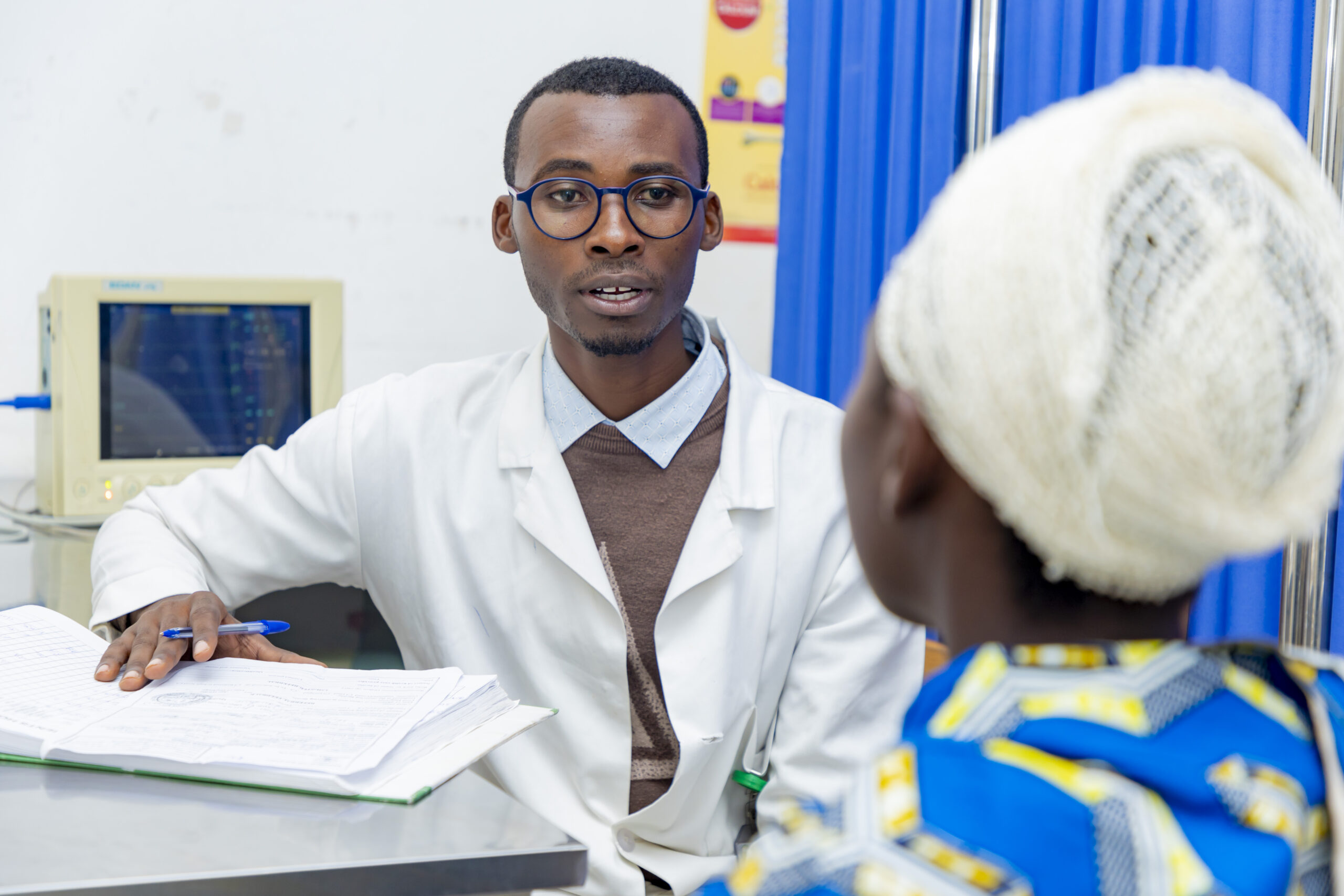Dr Diyase Agness Chola is a Senior Medical Officer based at Luangwa District Hospital. At the time of her enrolment in the Accelerate Hepatitis Programme, Dr Chola did not know much about hepatitis. With time, her understanding improved and her passion for hepatitis and infectious disease, in general, grew. She began to realize how much of a disease burden hepatitis is in the country and how neglected it has been over the years. The programme also provided her with knowledge of the latest information and statistics that were a true reflection of the disease burden in the African population through studies done locally and on the continent.
The Friday weekly clinics were also instrumental in her learning process as she could apply the knowledge she had learnt in lectures to people individually. This helped her identify which people living with HBV needed to be started on treatment and who could wait based on history, physical examination, laboratory findings and sonography/fibroscan findings.
During the training programme, Dr Chola was transferred to Luangwa district, where she now has a permanent position. In her new role, she serves as the focal person for hepatitis across the large and rural district. People travel more than 100km to see her at times. She successfully lobbied her administrator for more hepatitis testing kits and vaccines and is comfortable managing people on site instead of referring them to Lusaka, as was done in the past.
Overall, the ACCELERATE programme has empowered Dr Chola as a hepatitis expert and advocate in a rural area, highlighting the importance of building young hepatitis focal points across Zambia.
Accelerating the Hepatitis B response in Zambia (ACCELERATE)
Grantee: Hospital HIV AIDS Programme (UTH-HAP)
(UTH-HAP) started a “training of trainers” programme on hepatitis as Zambia had very few public health or clinical leaders prepared to train other health workers on viral hepatitis. At the end of this project, 31 doctors were certified as hepatitis expert trainers. Before this programme, there were only five doctor experts in hepatitis in Zambia, making it virtually impossible to treat all the people in need.
UTH-HAP has also worked with hospital leadership to ensure the decentralization of testing to various points and the orientation of nurses to offering tests. More service delivery points, such as antenatal, sexually transmitted infection (STI) and antiretroviral therapy (ART) clinics and sites doing HIV testing, are now integrating hepatitis into their routine services. When kits are available, hepatitis testing can now be offered at any service delivery point by a trained provider.


